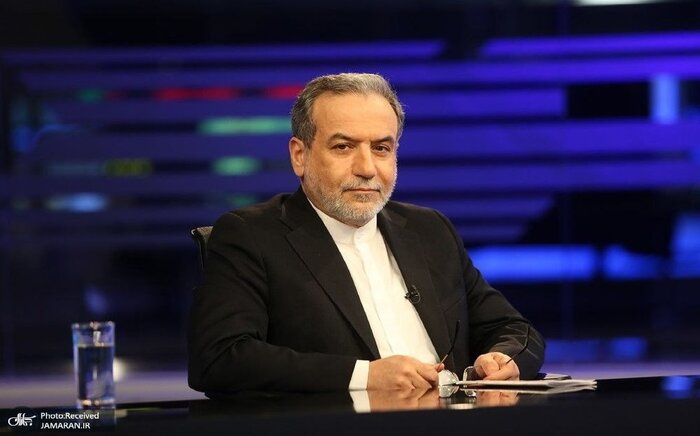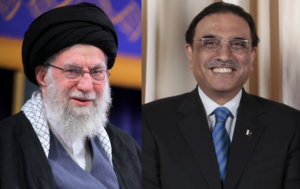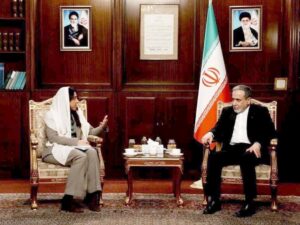Iran’s Deputy Foreign Minister Calls for New Framework in IAEA Relations Following Attacks on Nuclear Facilities

Tehran, The Gulf Observer: Deputy Foreign Minister of Iran, Abbas Araqchi, has stated that recent developments necessitate a new phase in Iran’s relationship with the International Atomic Energy Agency (IAEA), emphasizing that both the Agency and its Director General must recognize the emergence of “completely new conditions.”
Speaking on Wednesday night during a televised program titled “Tehran, Iran and the World,” Araqchi cited multiple attacks on Iran’s nuclear facilities as a turning point, along with the enactment of new parliamentary legislation, as compelling reasons to redefine the terms of engagement with the IAEA.
“Several of our nuclear facilities have been attacked and bombed and have suffered damage. It is natural that, for both reasons—due to changes on the ground and the parliamentary law—a new era must begin in relations with the Agency,” he stated.
Araqchi clarified that going forward, all cooperation with the IAEA will be contingent upon the approval of the Supreme National Security Council, signifying a shift toward a more centralized and security-oriented oversight of nuclear diplomacy.
Criticizing the IAEA’s recent performance, the senior diplomat pointed to a pre-war report issued by the Agency which, he claimed, contributed to a resolution adopted by the IAEA Board of Governors. “The Agency has not performed well, especially in the last few months,” Araqchi noted.
Highlighting the gravity of recent attacks, Araqchi expressed disappointment over the IAEA’s response, stating that Iran’s nuclear facilities—under full Agency supervision and routinely inspected—were targeted in acts of aggression. “These facilities were registered with the Agency and under its supervision… and they were attacked,” he emphasized, questioning the IAEA’s ability to safeguard the peaceful nuclear programs of its member states.
The remarks underscore Iran’s growing frustration with the international nuclear watchdog and signal a potentially more guarded and conditional approach to future cooperation.


